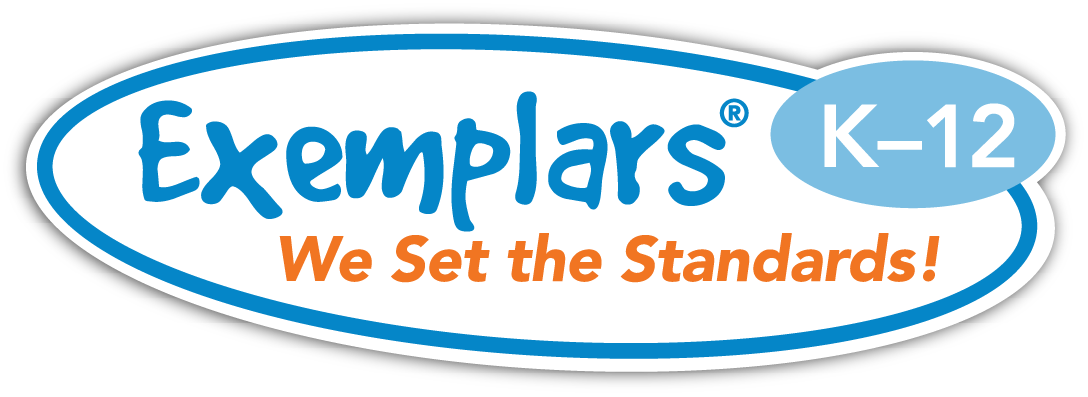Exemplars Facilitates Formative Assessment in the Classroom
Studies show that effective formative assessment has a greater impact on student achievement than any other type of assessment. Exemplars is designed to help teachers integrate this practice into their classrooms.
Exemplars rubrics and performance tasks provide material that teachers can use for assessment, and that students can use for self- and peer-assessment. Additionally, these tools help teachers define for their students what type of performance meets the standard.
In addition to providing teachers with examples of student work at various levels, our anchor papers also provide students with a concrete understanding of what work meets the standard and why. Students can also use our rubrics and anchor papers to compare their work to during self- and peer-appraisals. This process demonstrates success as well as offers opportunities for refinement.
Based on student performance, teaching and learning strategies can be adjusted.
Key Strategies for Success
According to studies done by Dylan Wiliam and Paul Black, the assessment and teaching strategies most closely tied to successful formative assessment are:
1) Effective Questions
Ask meaningful questions, increase the wait time for student answers, and have rich follow-up activities that extend student thinking. "Put simply, the only point of asking questions is to raise issues about which a teacher needs information or about which the students need to think." (2) p.13
2) Appropriate Feedback
In reviewing the research, Black and Wiliam found that giving grades does not improve performance. Using tasks and oral questioning that encouraged students to show understanding, providing comments on what was done well and what needs improvement, also with guidance on how to make improvements should be the focus instead of grades.
3) Peer- and Self-Assessment
Peer-assessment and self-assessment, "secure aims that cannot be achieved in any other way." (2) p.15 Achieving success requires that students have a clear understanding of the standards and are taught the skills of peer- and self-assessment.
Paul Black, C. H., Clare Lee, Bethan Marshall, and Dylan Wiliam (2004). "Working Inside the Black Box: Assessment for Learning in the Classroom." Phi Delta Kappan: 9–21.
Using Rubrics Effectively
To help students and teachers become familiar with rubrics and the idea of self-assessment, Exemplars provides an Introduction to Using Rubrics that offers examples of how some teachers have used generic rubrics (not tied to a particular subject area) to help their students get started.
Benefits of Peer- and Self- Assessment
Exemplars material helps lay a solid foundation for successful peer- and self- assessment. Exemplars offers resources for facilitating this process in math and science. Both students and teacher benefit from the process. Learn more »
Success Story
Schools and districts regularly share success stories about their achievements using Exemplars material. The following newsletter article includes an insightful segment about formative assessment "We're Off and Running!" Exemplars Hits the Los Alamos School District.
If you have a story that you would like to share, please contact us at info@exemplars.com.

